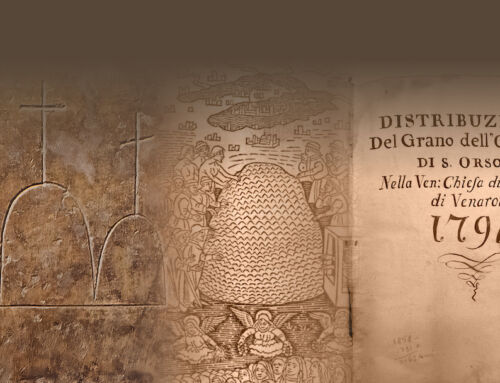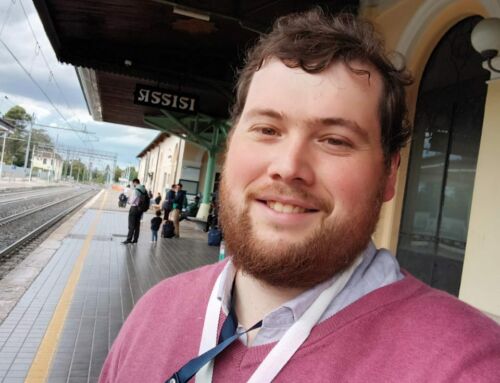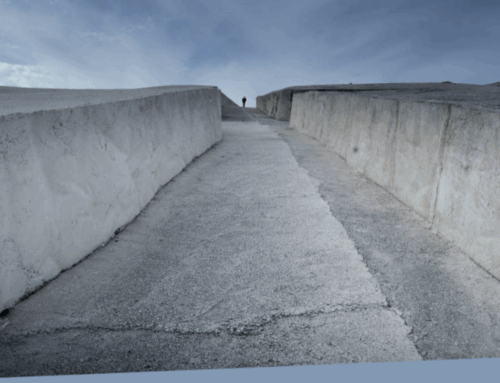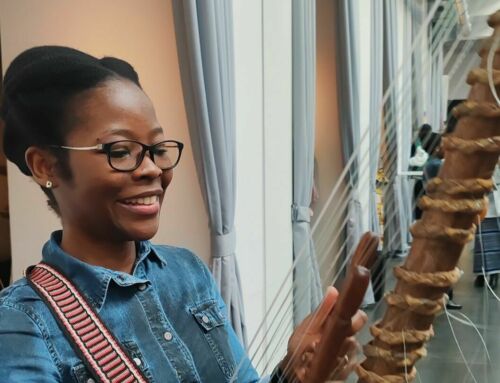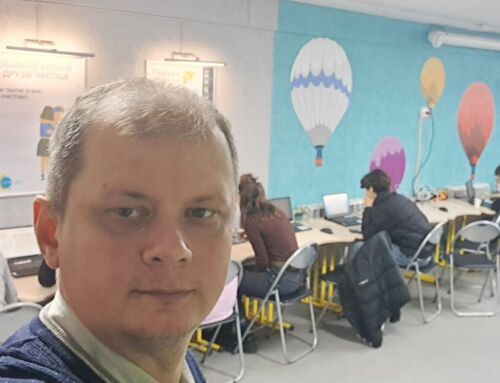The 25th hour
by Luigino Bruni
The idea of an extra hour, when the 24-hour day is over, has inspired novels and films, beginning with the title of the 1949 novel by the Romanian writer Constantin Virgil Gheorghiu.
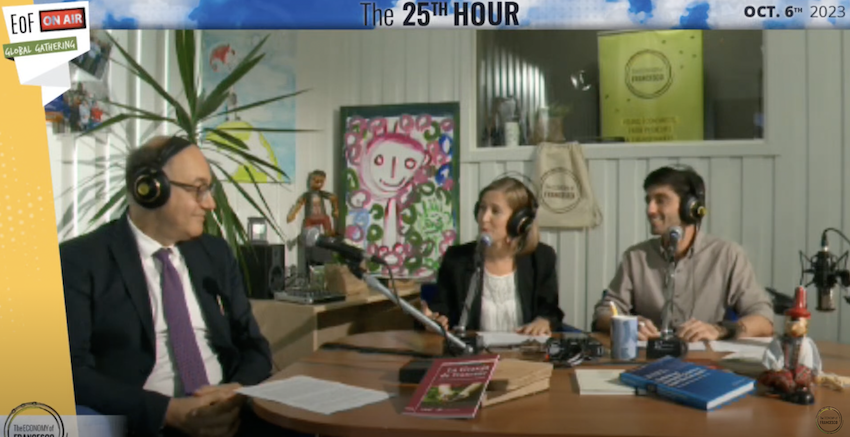
Our generation and the preceding one, that is, those who invented globalization, computers, the Internet, the industrial boom of China and India, those of the longevity revolution, robots and AI, SUVs and electric cars, have consumed the 24 hours that were available to them since the earth’s SOS was launched more than half a century ago (think of the Club of Rome’s report on population control in 1972). It is an SOS that does not only involve the earth because time has also run out on justice for the poor, the discarded, many indigenous peoples, too many humiliated women, too many children who cannot go to school and live the life they would like to experience, the suffering and extinction of plants, animals, insects, the biodiversity of forests, seas, deserts, the atmosphere, glaciers, and the entire planet.
Many hours of the day have passed, and we have entered the last hour, but we have failed to notice. Perhaps we have also entered the 25th hour of Christianity and of many religions.
However, the person who understood this, certainly for the poor, for the discarded, for children, and for the Church, was Father Lorenzo Milani, whose 100th birth anniversary falls this year (in Florence). A true prophet of the twentieth century, who in one of his most prophetic pages wrote his ‘letter from beyond the grave’ to the future Chinese missionaries who would arrive in Europe in the year two thousand, fifty years after his letter, to re-evangelize Europe where in the meantime the Christian faith had disappeared, and only the ruins of bell towers and abandoned and dilapidated churches remained. To conclude his letter, he wrote, «We did not hate the poor, we have only slept. But when we woke up it was too late: the poor had left us behind» (Pastoral Experiences, 1958). And to lose the poor is to lose the church, for the church lives only where it can repeat with Jesus, «Blessed are the poor.» We all have slept, too; and while we slept the hours passed, at first slowly then gradually faster. Time passed over our indifference and lack of attention, which over the years has become less and less innocent and more and more guilty.
But, thank God, we have an extra hour: who gave it to us?
God is giving it to us, the God who has listened to his prophets who, like Abraham, implore him today to give our cities another chance, no longer Sodom and Gomorrah. St. Francis, Pope Francis – the two Francis of the EoF -, the many young people and teenagers who have cried out for years to save the earth, the many prophets of our time, often anonymous and unknown, who continue to fight, pray and hope for the earth and the poor to have a future, to have one more hour. We know, we feel, that this time, unlike Abraham’s prayer that was not answered, Francis’ prayer was answered. The EoF is part of the gift of the 25th hour, of an extra time, that God is giving to the earth and to the poor. We cannot, you cannot miss this last chance. In 2021, Pope Francis stated in his message to the EoF: “You are the last generation that can save the planet.” We don’t know if the Providence, after giving this 25th hour to your generation, will also give a 26th hour, a 27th hour to the world, up to the 1000th hour. Maybe yes; two thousand years have passed and the barren fig tree of the Gospel is given one more year. This is because the earth is loved, because we are loved, and we are not abandoned to our shortsightedness and selfishness. But we do not know; we can only hope and pray for it. For now, we only know that we were given an hour. It is the hour of gratuity, the hour that could have not been there but is there instead.
The conclusion of Constantin Virgil Gheorghiu’s novel is particularly beautiful and evocative. After 11 years, Johan, the main character who was sent to a lager by mistake, finally returns home, to his wife Suzanna. Newspapers took photos of the spouses, celebrating the good news of his return. But Suzanna and John were unable to smile, despite the insistence of reporters and photographers, they could not take any pictures with a smile. After all those years of pain, that man and woman could no longer smile, they could no longer rejoice. We, on the other hand, must take pictures with joy. You are young, you are students of Francis of Assisi, the ‘minstrel of God,’ who with stigmata in his body was able to sing the Song of Creatures.
We must live with responsibility this 25th hour given to us, being aware of the urgency of our time, and with solemnity knowing that ours is a crucial generation. But such responsibility must be lived also with a smile, with joy, and in a festive mood. Joy is the other name of the Economy of Francesco, which is also a movement of young people who know how to smile and to celebrate while feeling all the responsibility. It has been like this since the very first day, and it will be so up to the very end.

